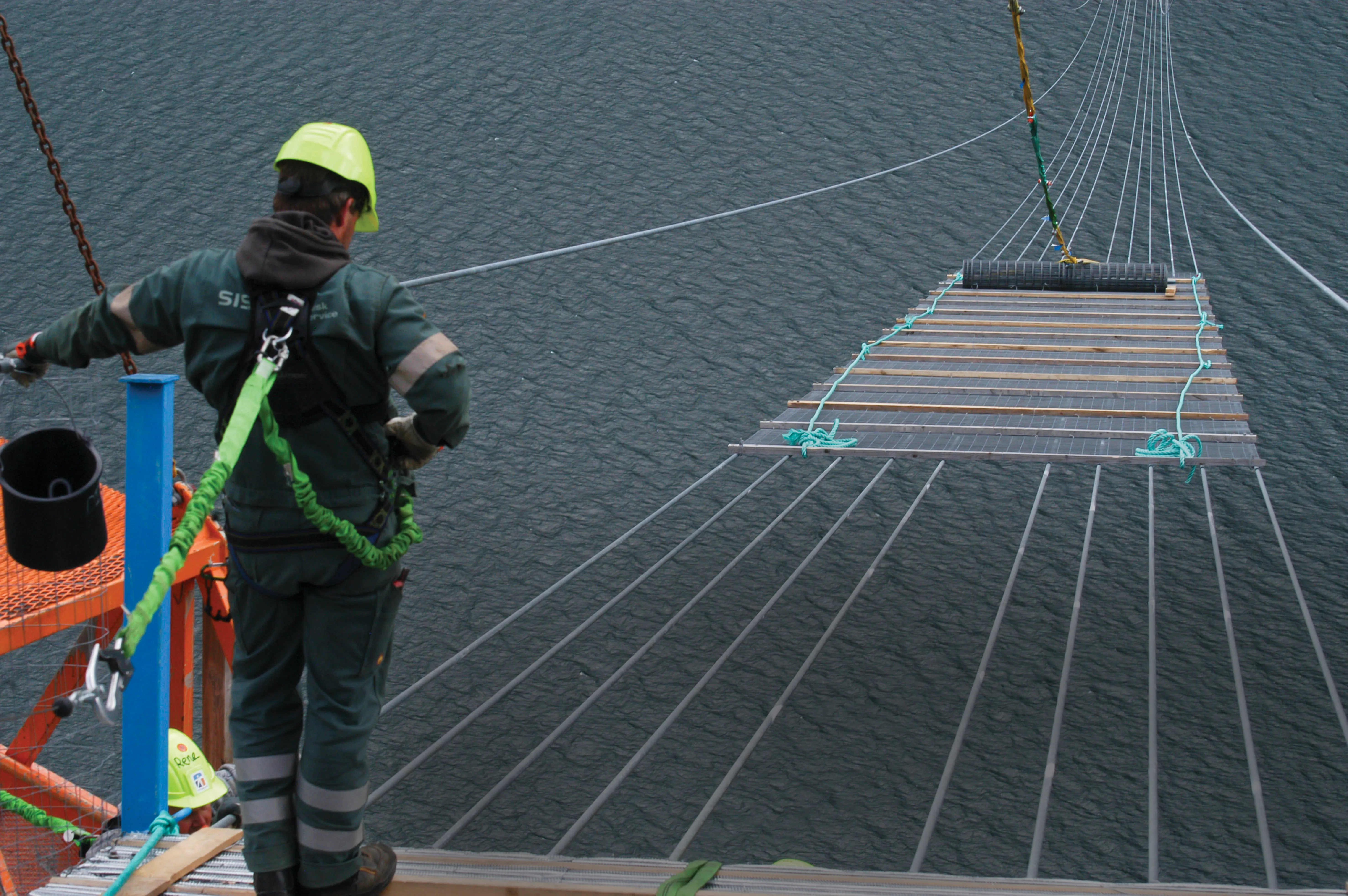The Swedish Road Administration (Vägverket) says preliminary figures that point to a lower level of road fatalities in Sweden in 2008. The data suggests accident levels could be at the lowest level since the 1930s. About 400 people were killed on Swedish roads in 2008 until 18th December, compared with 457 during the same period 2007. Some six fatalities were reported to the Administration during the Christmas period ending 26th December, compared with an average 10. The main reason for the lower fatality r
July 6, 2012
Read time: 1 min
The Swedish Road Administration (6118 Vägverket) says preliminary figures that point to a lower level of road fatalities in Sweden in 2008. The data suggests accident levels could be at the lowest level since the 1930s. About 400 people were killed on Swedish roads in 2008 until 18th December, compared with 457 during the same period 2007. Some six fatalities were reported to the Administration during the Christmas period ending 26th December, compared with an average 10. The main reason for the lower fatality rate is thought to be slower growth in transport during the year as a result of the economic slow-down.







